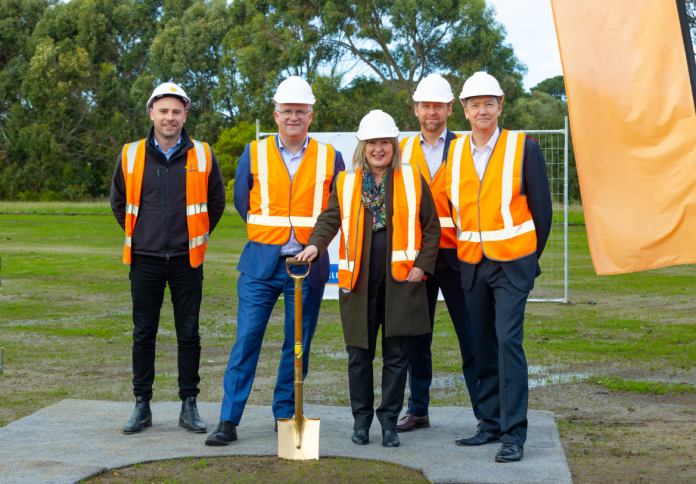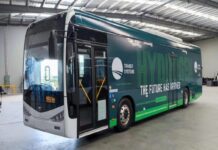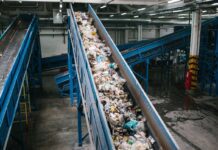
Construction of Australia’s first hydrogen fuel cell research and development facility has begun at Deakin University’s Warrnambool campus.
As part of Deakin’s $23 million hydrogen research and innovation program, the Hycel Technology Hub is expected to start facilitating the development, assembly, and testing of hydrogen fuel cells in late 2023.
The new 2,200 sq m facility will focus on the development of fuel cells for heavy vehicles, starting with heavy haulage trucks, and potentially progressing to other larger-scale uses, such as trains and boats.
The new tech hub will be part of a broader hydrogen precinct on the campus, which currently includes the existing Hydrogen Test Beds, where Deakin researchers are testing the efficacy of plastic piping to understand if Australia’s gas network can safely transport 100 per cent hydrogen in the future.
The Deakin project also includes the provision of specialised fuel cell assembly and testing equipment, along with a heavy vehicle integration bay, training facilities, and multi-functional space for education and demonstration activities.
The Hycel Technology Hub is expected to create approximately 200 jobs over the life of the project, including around 50 construction jobs and 16 in the energy sector.
Deakin’s program received a $9 million grant from the Victorian government, which is intended to enable the university to create a new hydrogen curriculum for primary and high schools, hydrogen short courses for professional engineers, and a hydrogen bus training package in collaboration with vocational and industry partners.
The Victorian government recently announced $350 million in funding for local universities through the Victorian Higher Education State Investment Fund, which is aimed at supporting universities with capital works, applied research and research infrastructure to provide jobs and boost the state’s economic recovery from the COVID-19 pandemic.
“The Hycel Technology Hub is an important driver in the research and application of hydrogen as a fuel source and we expect the benefits of this research to be far-reaching both in Australia and internationally,” said Gayle Tierney, minister for training and skills and high education.




















